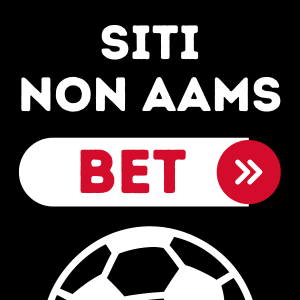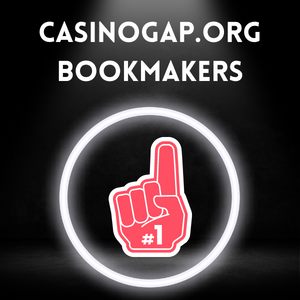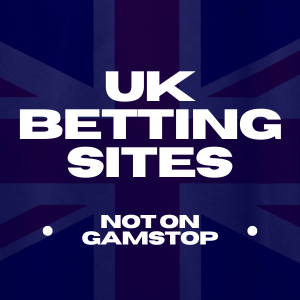Liverpool is a prime example of an English team that has successfully competed without gambling sponsorships. The club proves that English clubs can operate without relying on gambling sponsorships, even as the English Premier League (EPL) faces a new front-of-shirt gambling ban that will take effect in the summer of 2026.
The Front-of-Shirt Gambling Ban
The decision to prohibit front-of-shirt sponsorship agreements with gambling companies has been long overdue. Efforts to tackle the issues of gambling in football, particularly its adverse impact on vulnerable and disaffected youth prone to the addictive effects of betting, are currently underway.
The Premier League has endorsed the ban, making it the first professional sports league in the UK to do so. This is a shock, as many EPL clubs have historically entered into lucrative deals with betting brands.
The Premier League has announced that from 2026/27 there will be a ban on gambling sponsors appearing on the 'front of clubs matchday shirts'.
— Classic Football Shirts (@classicshirts) April 13, 2023
There are currently 8 Premier League clubs sponsored by a gambling company, 40% of the league. pic.twitter.com/sHFAdxVYVh
The financial impact of this move is quite a big deal, as approximately £60 million per year is generated from contracts with some of the top online casinos and betting companies in the world.
Some widely known EPL teams impacted by the new rule are Bournemouth, Brentford, Everton, Fulham, Newcastle, and West Ham. The Times reported that eighteen of the twenty Premier League teams in play nodded yes to the change.
Gambling companies have always been close partners in the UK’s football leagues. Even the less wealthy English Football League (EFL) has Sky Bet as its main corporate backer.
The pervasive nature of these partnerships will certainly affect many teams, but if Liverpool can survive without gambling sponsors, other teams can, too.
The Reds have a long-standing theme of not partnering with betting companies, which has not harmed their financial performance. Liverpool is one of the most profitable clubs that stands out even among the traditional top six EPL clubs.
Opting for a Gambling-free Approach
Partnerships with gambling companies, lucrative as they may be, are on their way to a mandated end. It’s time for clubs to step up and learn from Liverpool on how to generate revenue outside of the gambling industry. Commercial partnerships with non-betting industries are usually the best option for mutually beneficial partnerships acceptable to the fans and the community.
Liverpool has many commercial partnerships with major non-gambling brands, including Standard Chartered, Nike, and Expedia.
Standard Chartered, which has been Liverpool’s main shirt sponsor for over a decade now, generates about £50 million per year for the club. The British multinational bank, in turn, receives brand exposure at Anfield in various ways, from front-of-shirt advertising to using Liverpool’s players in marketing campaigns.
Nike, Liverpool's official kit manufacturer, pays the club a fixed rate of £30 million per year. The six-time European Cup champions recently reached a new agreement with Expedia, their official travel partner, in a renewed contract to bring in an annual sum of £9 million for the sleeve deal.
The sale of broadcasting rights and merchandise is also a lucrative revenue generator. Liverpool sells a wide range of merchandise, including kits, replica shirts, training gear, and souvenirs. Its merchandise sales are estimated to generate around £100 million per year.
In addition to these main revenue streams, Liverpool generates income from other sources, such as ticket sales from its wide fanbase, hospitality, and stadium tours. The club's overall revenue for the 2021-22 season was £574 million. While some may argue that it can’t be done, look at the example of a recent change in Serie A for inspiration. The message is clear: football clubs can thrive even without gambling/betting company deals!
Controversies Arising from the Ban
Some people may argue that it is somewhat hypocritical to say no to gambling sponsorships while still promoting the beverage and alcohol industries.
Others fully support the gambling ban, considering the ethical and harmful effects gambling has on youth, while rich European clubs gain financially at their expense.
Others might add that small clubs are less wealthy and don’t have the fanbase and financial capacity to support themselves without the help of betting companies. What the Serie A managed to achieve by banning all betting company partnerships in professional football in Italy is a template for what is possible, even though it may not be perfect.
LaLiga introduced something similar in 2021-22, with some loopholes still open for exploitation, but it is a step in the right direction.
Compromising for the Sake of the Fans
Fans are the fundamental support system of any club. Supporters are happy when the team they support performs well on and off the pitch, including upholding ethical and moral values.
Promoting gambling, either through the front of the shirt or through the sleeves, is usually a controversial issue for most clubs. However, Liverpool has proved that a club in the EPL can survive solely on non-gambling partnerships.
Claiming that finances are the argument point for small clubs should also not be an issue when it comes to upholding a club’s values, mission, and vision in the community.
Take the example of Plymouth in the EFL Championship, which has dedicated its front-of-shirt space to a local charity rather than partnering with a lucrative betting company for financial gain.
To be competitive in European leagues and tournaments is an uphill task that requires a team to prepare tactically and have the pockets to acquire what they need. While larger, older, and perhaps more prestigious teams have the room to source finances from places other than gambling companies, newer or smaller teams might not.
As the laws governing football converge with the need to advertise responsibly, teams may have to find other funding sources aside from betting/gambling companies, whether they want to or not.








Recommended Comments
There are no comments to display.